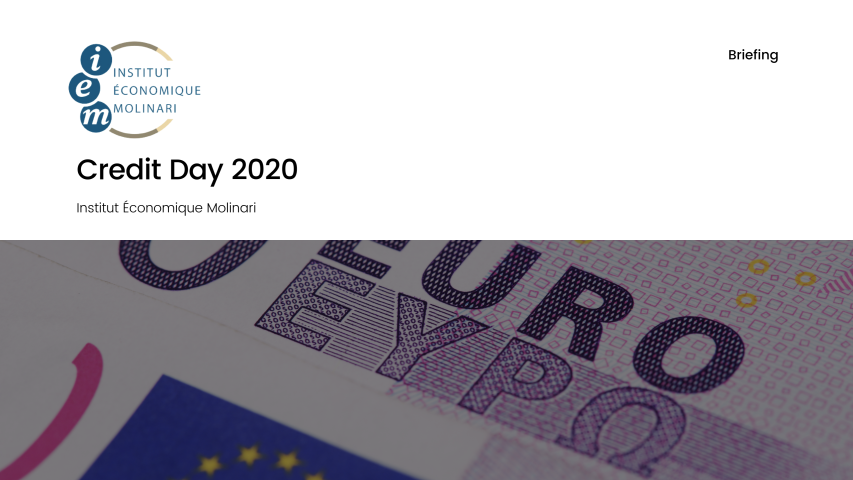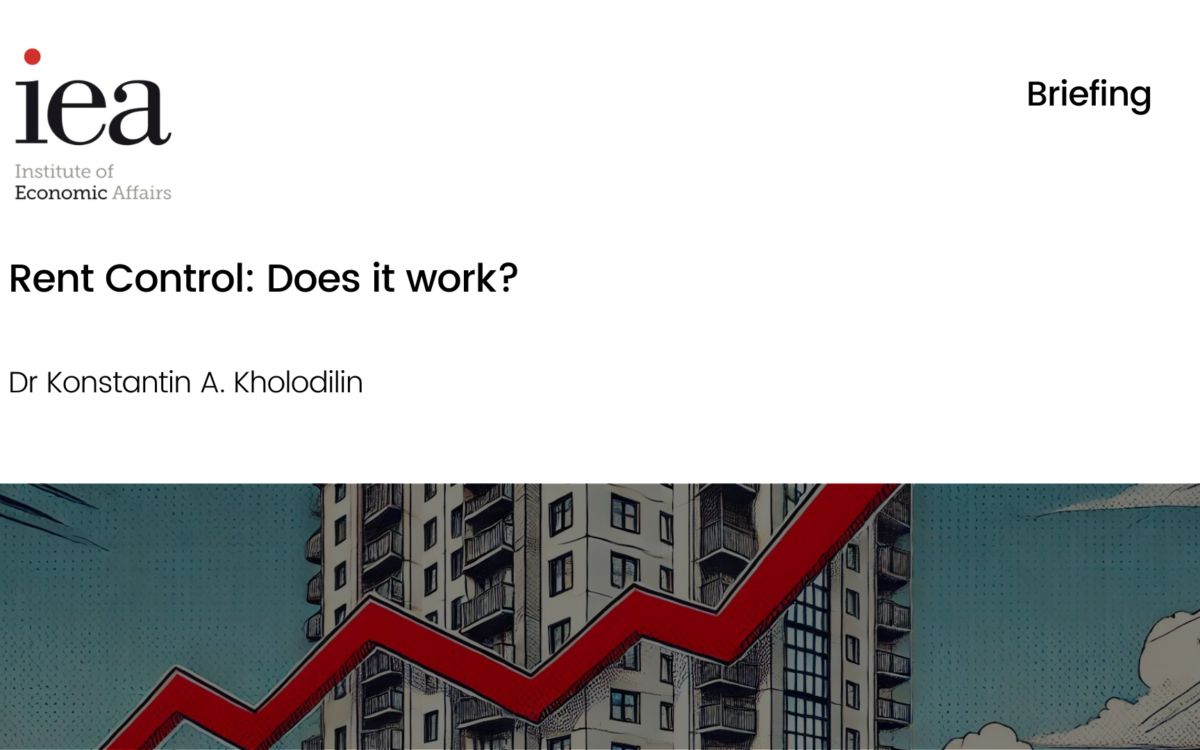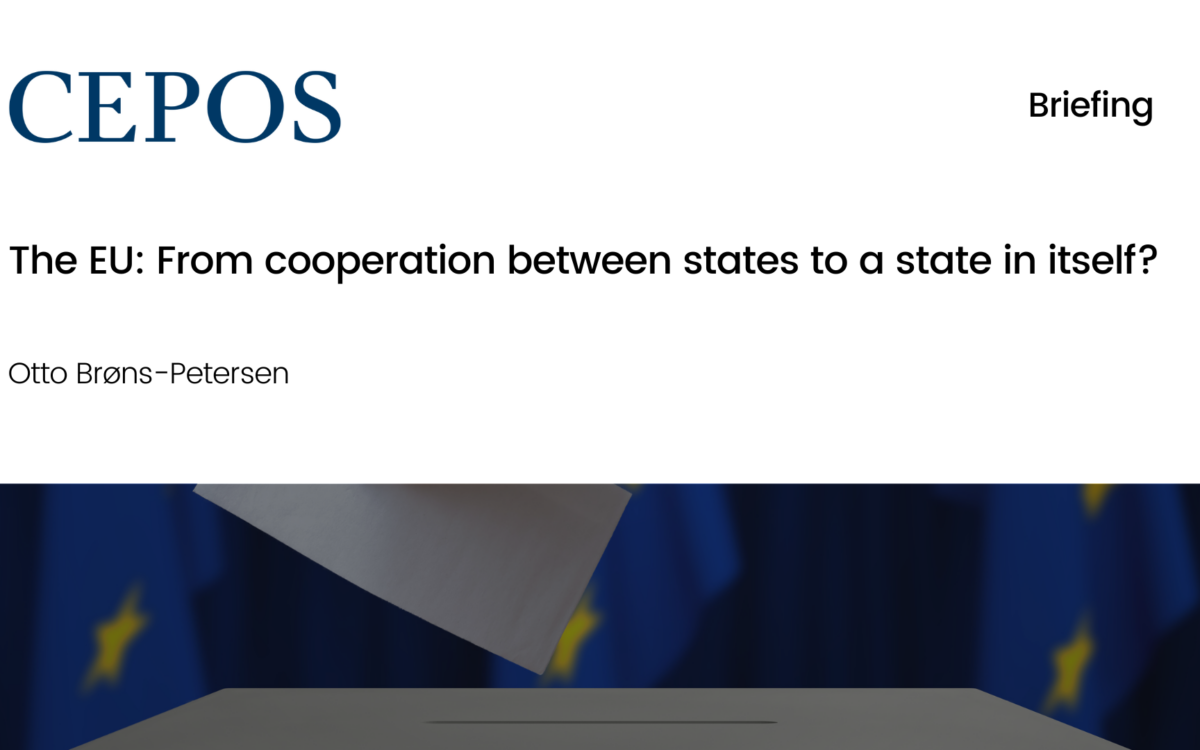Credit Day 2020

Credit Day 2020
2 December 2020
This year Credit Day for the European Union falls on the 17th of December. This is the day which, on average, EU member states have spent their tax-based revenues and start borrowing to meet their needs. Compared to 2019, this represents a one-day improvement, continuing the positive trend which began in 2018.
12 EU member states display a budget surplus, while 16 do not have enough funds to cover the whole year of spending. Some states show a remarkable change, such as Cyprus delaying its Credit Day considerably, while others remain relatively stable. Central governments bear the bulk of the deficit, while regional, local and social security administrations are generally stable in their surplus.
With Covid-19 hitting economies hard in 2020, the present data should be treated carefully. The expectations are that the average debt-to-GDP ratio in the eurozone will increase by 16.7 percentage, and governments should make sure borrowing regimes in this period are responsible and temporary.
Download or share this publication
View the PDF
EPICENTER publications and contributions from our member think tanks are designed to promote the discussion of economic issues and the role of markets in solving economic and social problems. As with all EPICENTER publications, the views expressed here are those of the author and not EPICENTER or its member think tanks (which have no corporate view).



